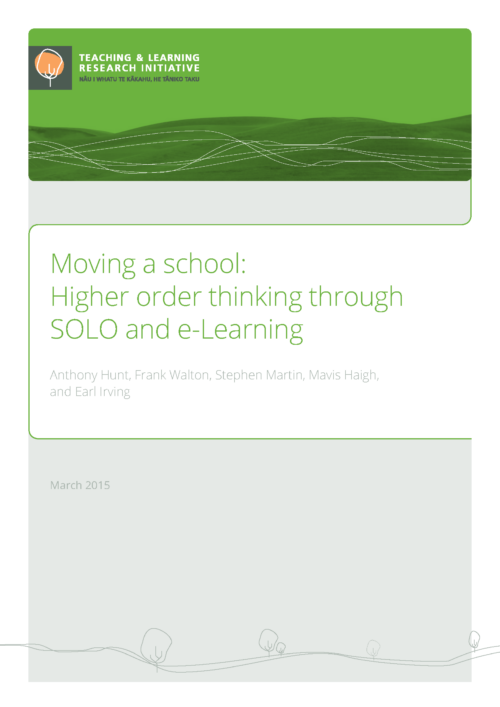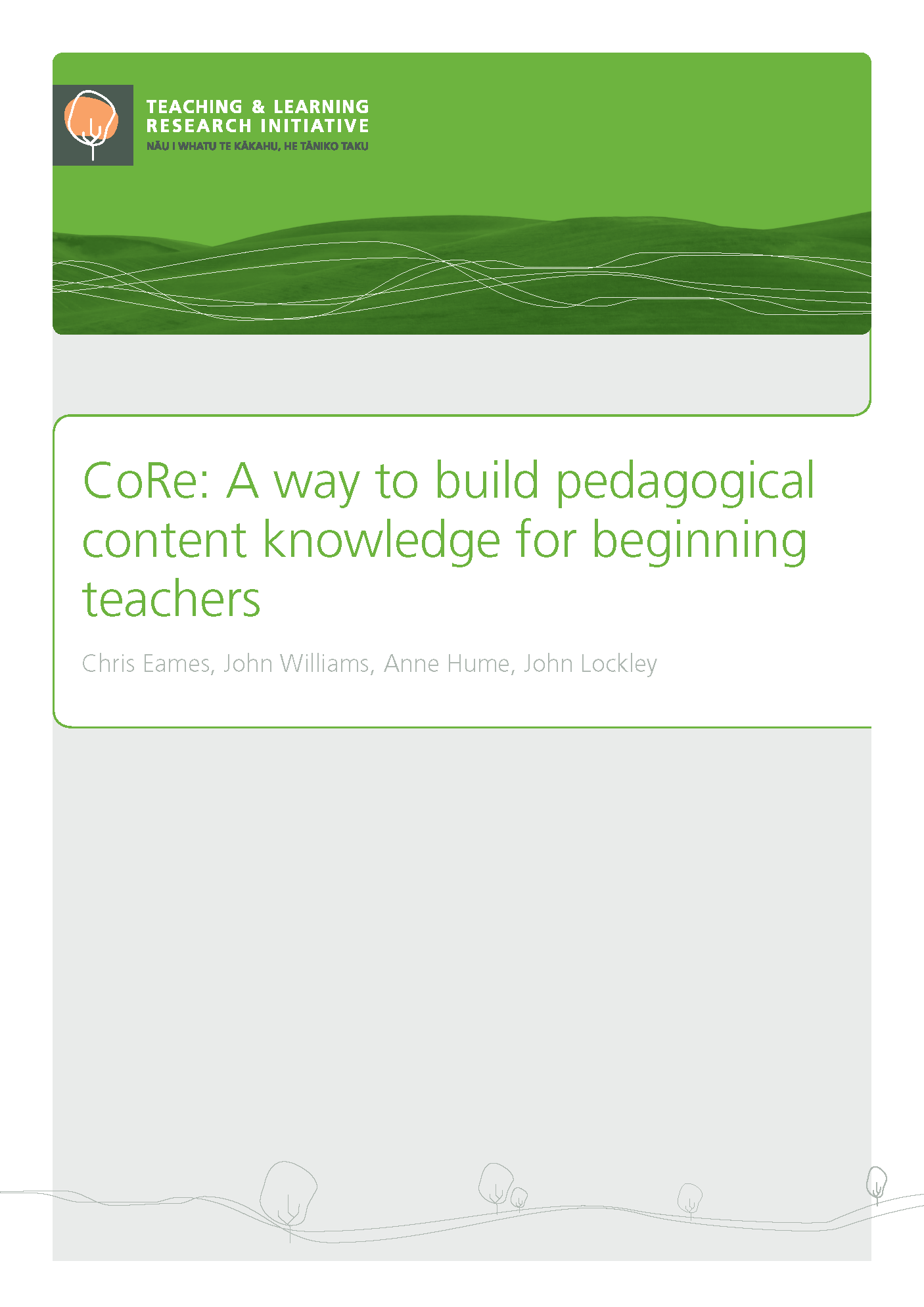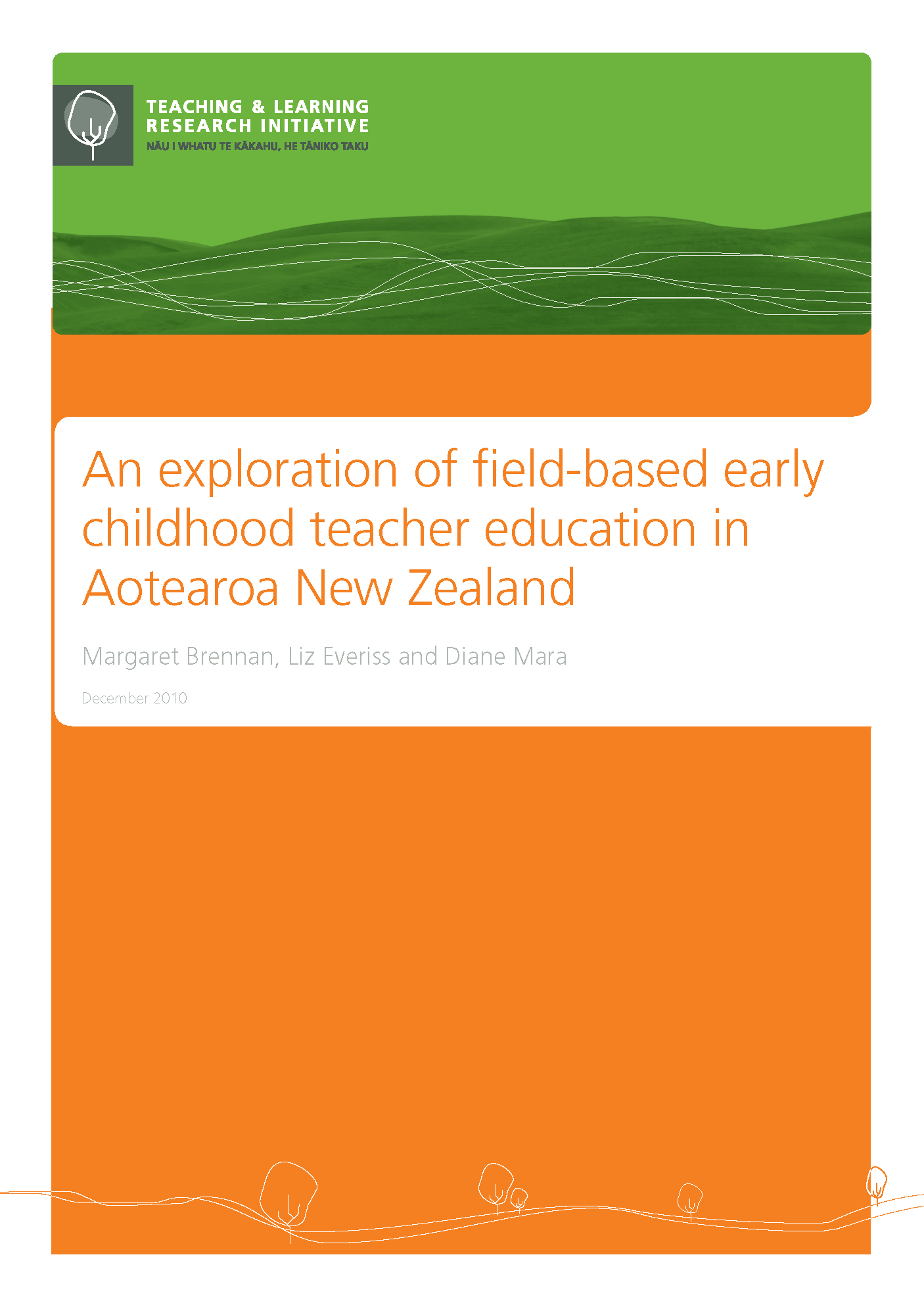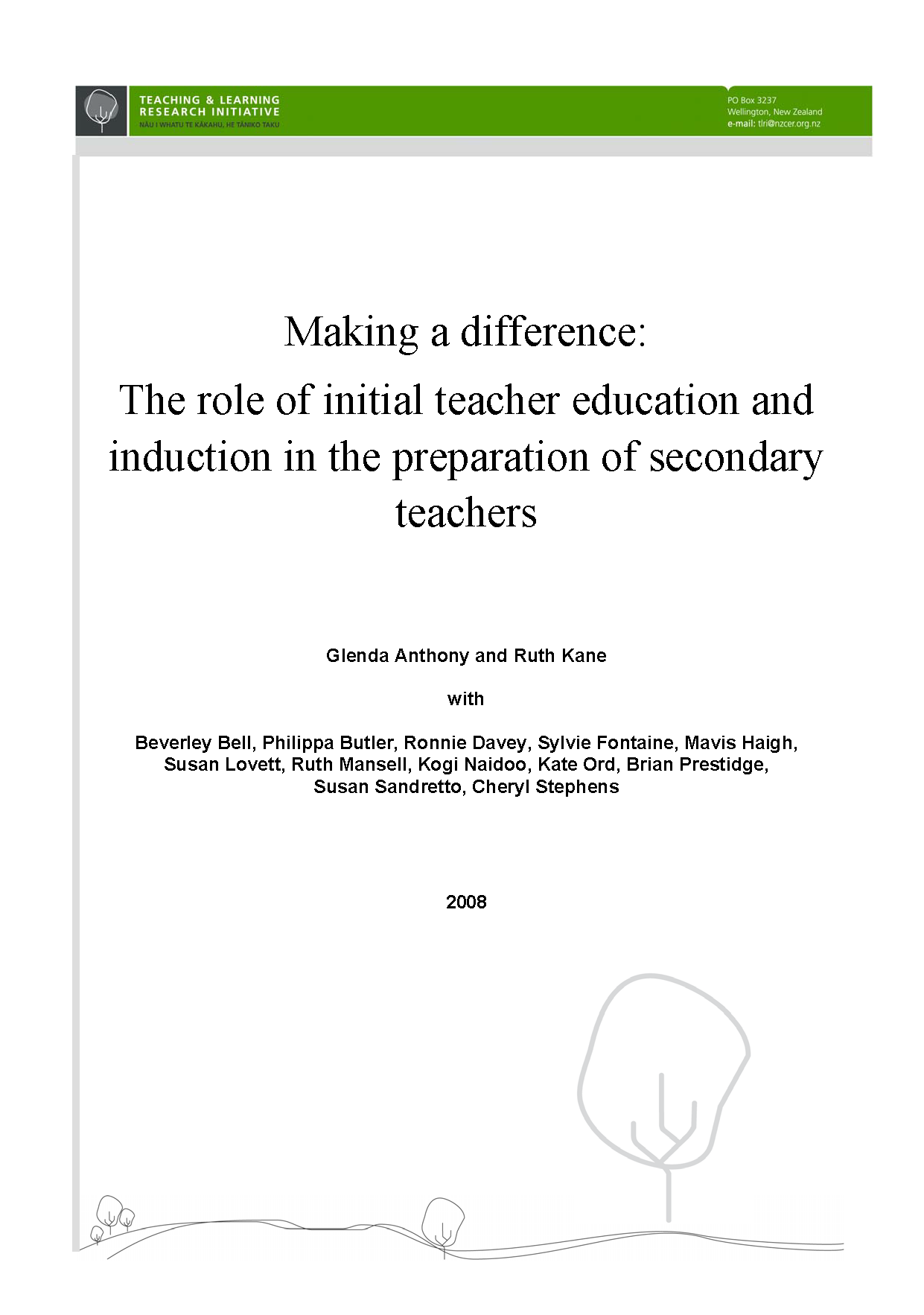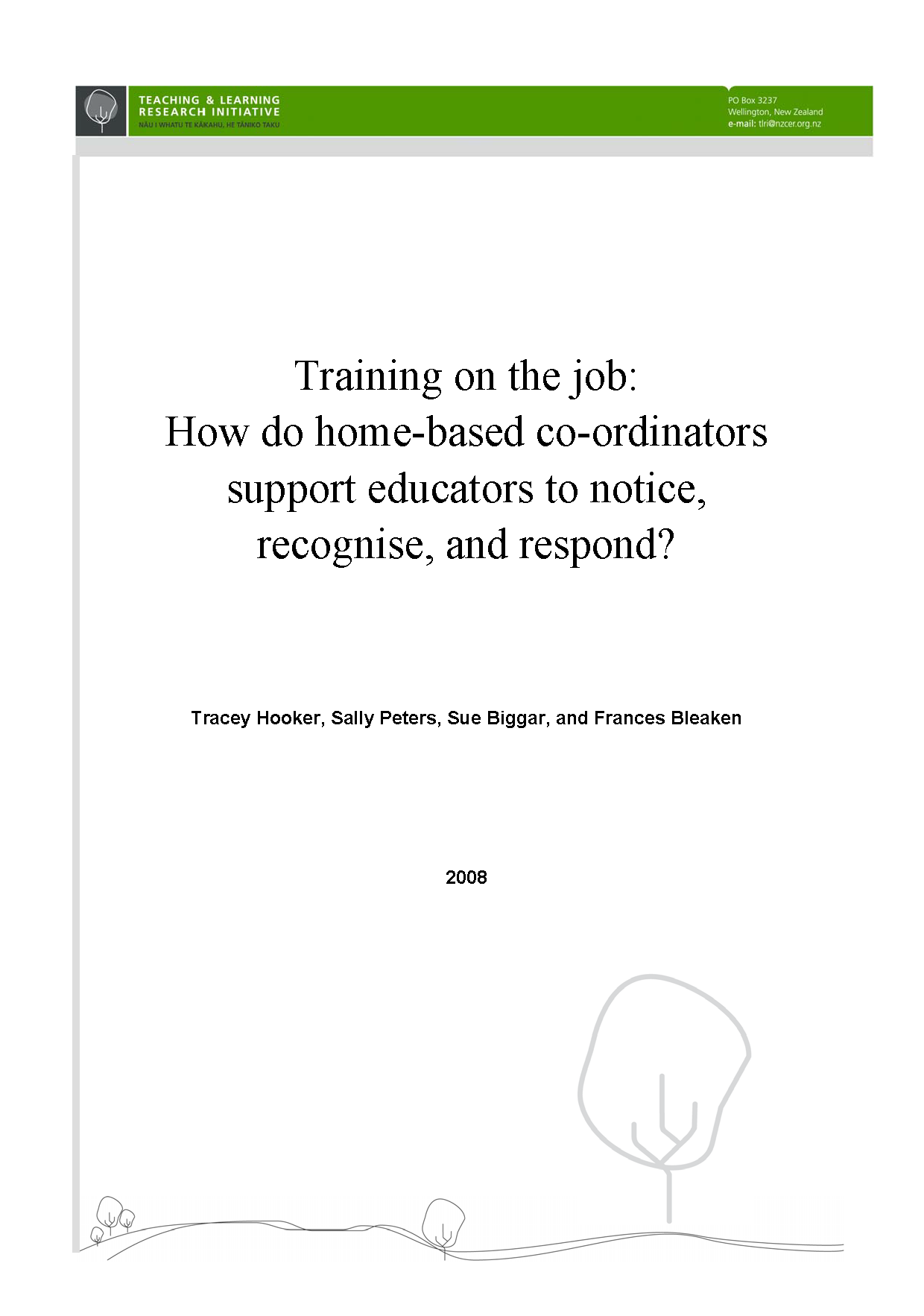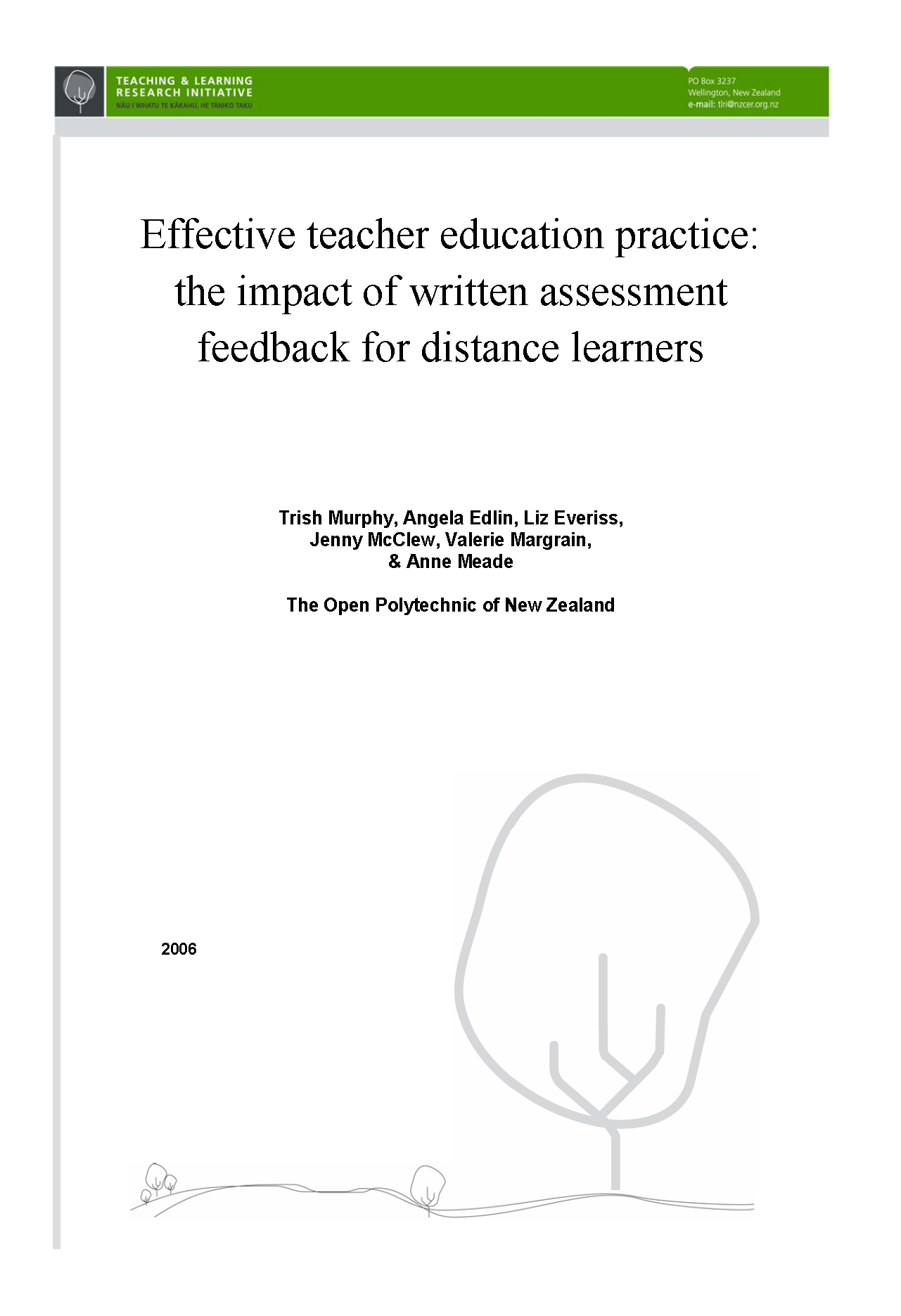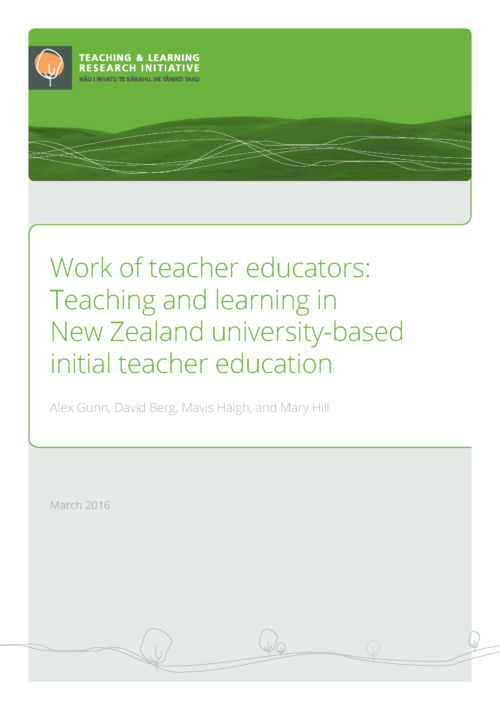
Work of teacher educators: Teaching and learning in New Zealand university-based initial teacher education
Introduction We have been studying the cultural constructions and material realities of university-based initial teacher education (ITE) and teacher educators’ work in Aotearoa New Zealand. By examining the work of teacher educators, we have been able to consider how ITE and the academic category of teacher educator is constructed, maintained, and practised within the institution of the university. Exploring teacher educators’ work, including teaching and learning activities from perspectives of both student teachers and teacher educators, has provided us with new insights into teaching and learning within university-based ITE. Our research questions have been: How is “teacher educator” constructed and maintained as a category of academic work? What do university-based teacher

